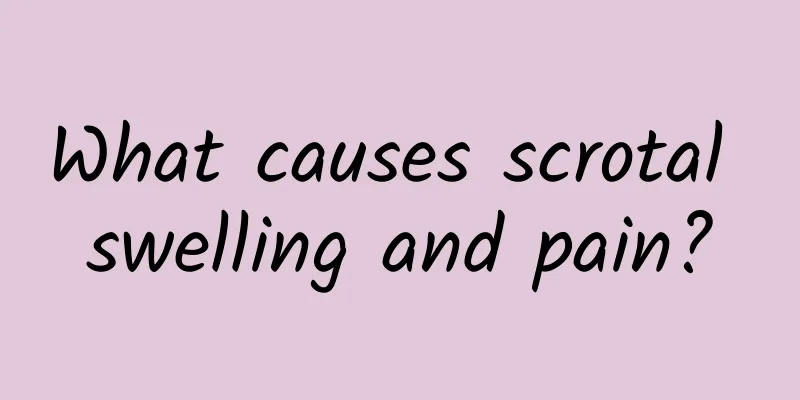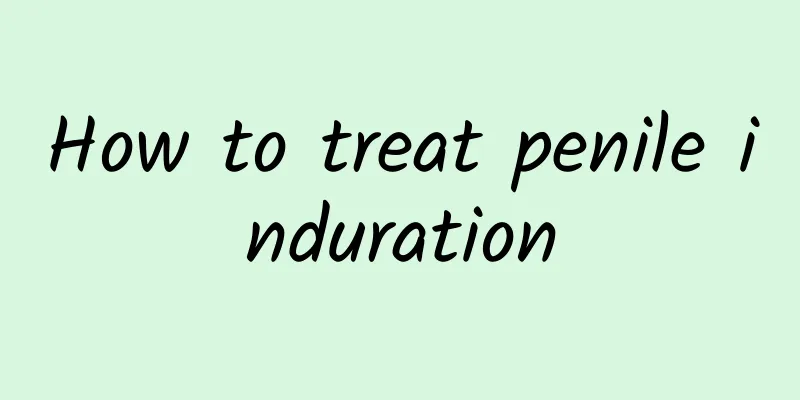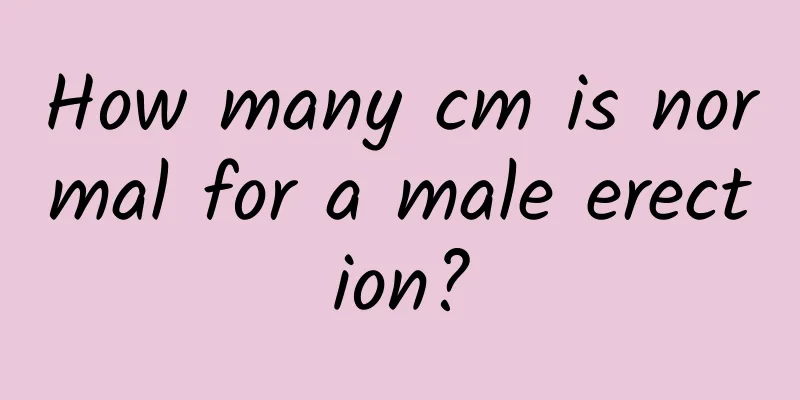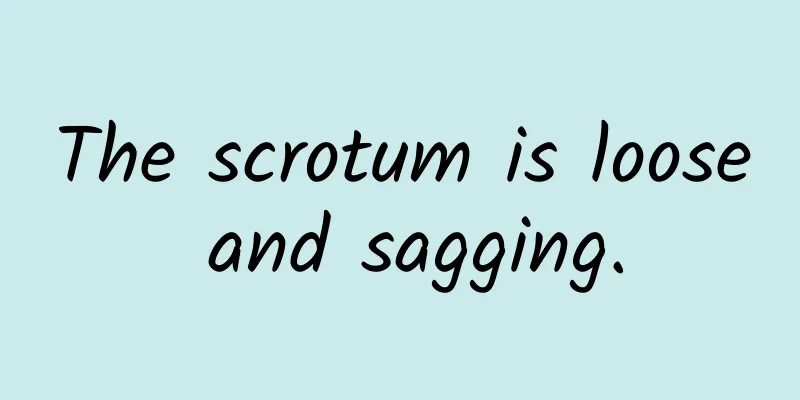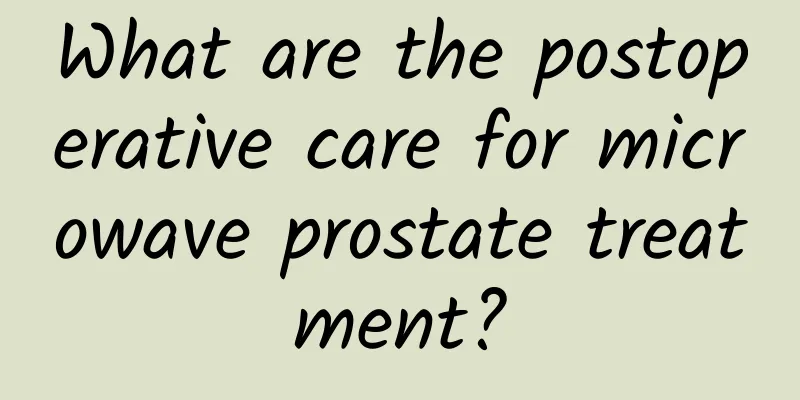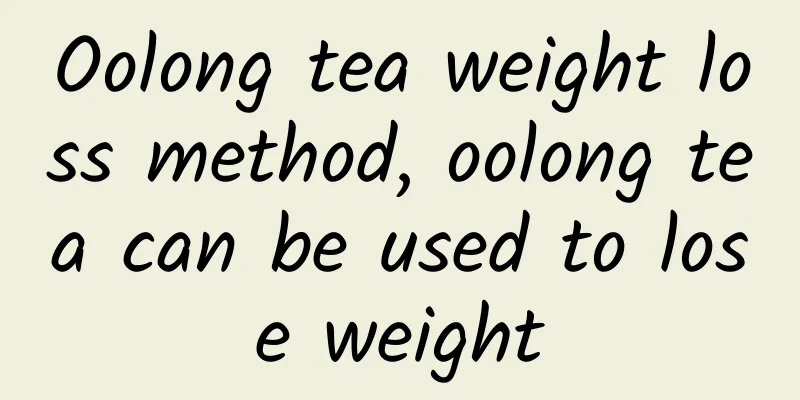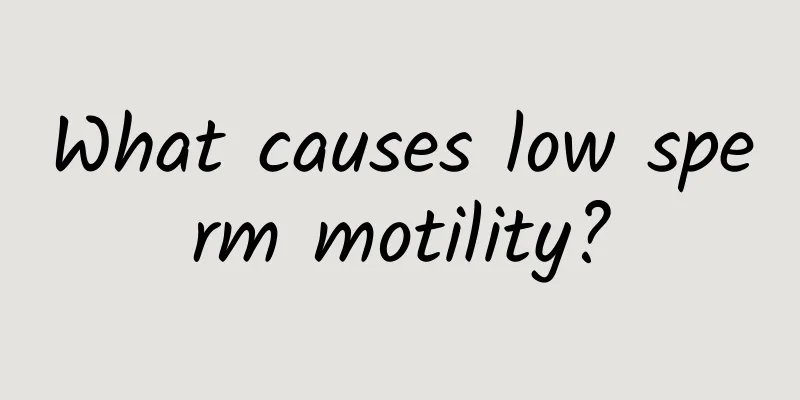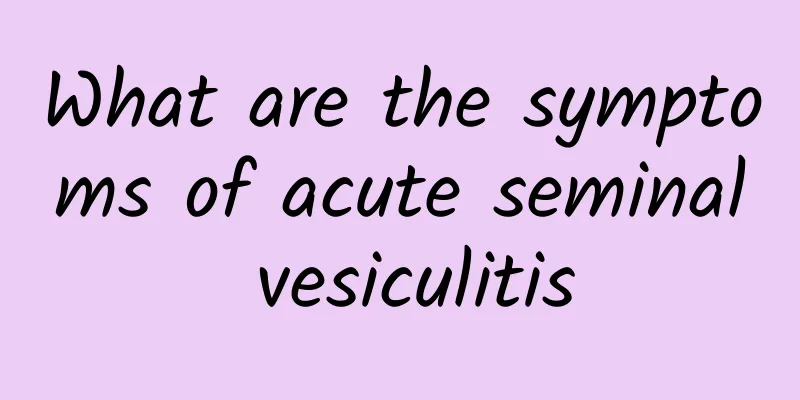Is it true that prostatitis is caused by kidney deficiency?

|
We all know that prostatitis is a common disease among men. Kidney deficiency is also a symptom of poor health in men. Many people often combine the two together, thinking that prostatitis is kidney deficiency. Is this statement correct? The relationship between prostatitis and the kidney: Chinese and Western medicine theories are different First of all, it should be explained that the concept of "kidney" is different in the theories of Western medicine and traditional Chinese medicine. The "kidney" discussed in Western medicine mainly refers to the urinary system organs of the human body, whose function is the production and excretion of urine. The kidneys remove metabolic products from the blood and regulate the concentration of fluids and solutes inside and outside cells to keep the internal environment stable. Kidney diseases include nephritis, kidney disease, renal failure (uremia) and urinary tract infection in internal medicine; congenital malformations, tumors and stones in surgery. The "kidney" mentioned in traditional Chinese medicine not only covers the urinary system function in Western medicine, but also includes the human reproductive system function. In traditional Chinese medicine theory, it is said that "the kidney stores essence, controls development and reproduction, controls water metabolism, produces marrow, connects to the brain, and controls bones. Its beauty is in the hair, opens the ears, and connects to the two yin organs." In short, the kidney is the innate foundation of the human body. Therefore, the kidney mentioned in traditional Chinese medicine has a wide range of meanings. Chronic prostatitis is a disease of the urogenital system, and its symptoms include abnormal urination, pain in the perineum and surrounding areas, and in severe cases, sexual dysfunction and systemic neurasthenia of varying degrees. According to traditional Chinese medicine, the onset of prostatitis is in the kidney and bladder, and it is closely related to the kidney. Some patients with chronic prostatitis will have symptoms of "kidney deficiency", but most patients do not have "kidney deficiency", so the two cannot be equated. Traditional Chinese medicine differentiates symptoms and distinguishes deficiency from excess: dampness and heat descending or kidney deficiency TCM believes that any disease has "yin and yang, exterior and interior, cold and heat, deficiency and excess". This means that the same disease, when applied to different individuals, has a special category. For example, in the case of prostatitis, it is necessary to distinguish whether the patient suffers from "excess symptoms" or "deficiency symptoms". This is related to whether the treatment is "tonifying the deficiency" or "purging the excess". If done the wrong way around, the deficiency will become "more deficient" or the excess will become "more excess". Generally speaking, chronic prostatitis is divided into two categories. One is damp-heat descending type (real syndrome), which is manifested by frequent urination, painful urination, waiting to urinate, residual urine, pain in the perineum and surrounding areas, damp scrotum, etc. It is more common in people with a short illness time and good physical constitution. They do not have symptoms of kidney deficiency. Traditional Chinese medicine believes that the cause of the disease is excessive dampness and heat in the body, which accumulates in the kidney and bladder. The treatment should clear away heat and dampness, unblock the water channels, and assist in removing stasis and clearing the channels, and the disease can gradually improve. If the treatment is to nourish the kidney, the pathogenic factors will be deeply hidden and sticky and difficult to resolve. The other type is kidney deficiency (deficiency syndrome). Some patients, in addition to the symptoms of urinary incontinence, also have soreness in the waist and knees, cold limbs, dry mouth, restlessness and dreaminess, hot hands and feet, and abnormal sexual function. These are symptoms of kidney deficiency, which are more common in patients with long-term illness or weak constitution. In treatment, the kidney should be tonified (specifically, it is necessary to distinguish between tonifying the kidney yin or tonifying the kidney yang), and of course, drugs that clear the bowels should still be used at the same time. In clinical practice, deficiency and excess are not absolute, and sometimes they are a mixture of deficiency and excess. However, it is necessary to distinguish which one is the main one. There is a distinction between the primary and the secondary in the treatment prescriptions, which is the "monarch, minister, assistant and envoy" in traditional Chinese medicine. |
<<: What causes people to be obese?
>>: What is the best equipment for men to train their chest muscles?
Recommend
The next day after sex, the glans is very red and itchy occasionally
In our daily life, the foreskin is more and more ...
Prostate lecithin body therapeutic effect
If there is a problem with the prostate, it is qu...
Whether a man is aging can be seen from his hair
In fact, our male friends are the same as our fem...
What are some tips for boys to get rid of leg hair?
Many people will have body hair during puberty. S...
There are white bubbles next to the glans
The male genitals are very susceptible to disease...
Men's scrotal itching with peeling
The male private parts are a disease-prone area. ...
Is there a connection between ejaculation and kidneys?
When boys reach puberty at the age of 14 or 15, t...
What does a mole on the testicle mean?
Many people have moles on their faces, on their s...
What to eat to nourish men's private parts? Six kinds of food you must eat!
I believe every man wants to have a strong body, ...
How to treat male hemorrhoids?
In recent years, the problem of male hemorrhoids ...
What is the correct mountain bike riding posture?
Mountain bikes are a type of bike that many peopl...
How can chronic prostatitis be cured?
Chronic prostatitis is prone to recurrence and is...
What medicine should I take if I ejaculate too quickly?
In sexual life, the saddest thing for men is to e...
What behaviors can cause epididymitis?
Epididymitis is a common male disease, mainly bec...
Is it good to have one eyebrow higher than the other? What eyebrows reveal
The shape and thickness of eyebrows affect a pers...

